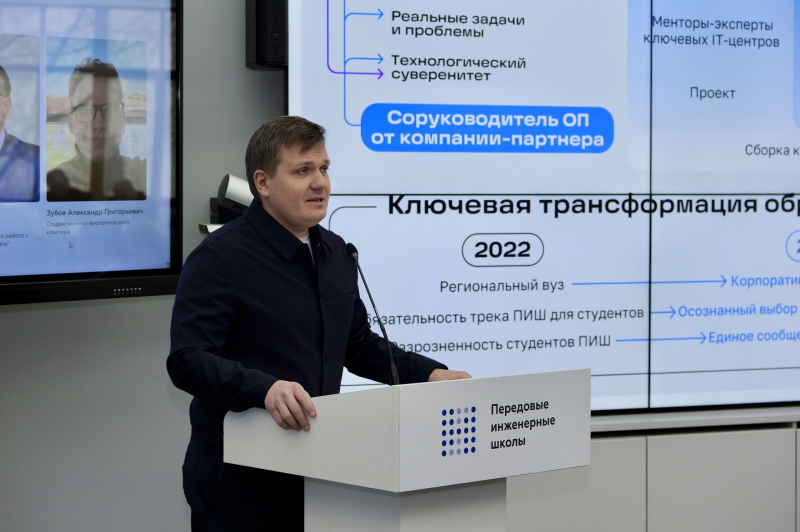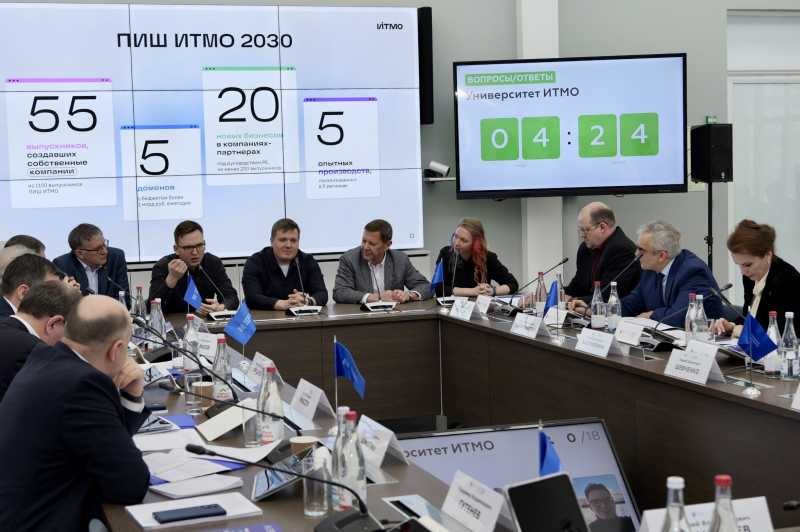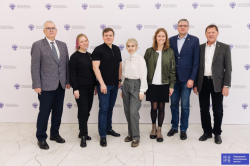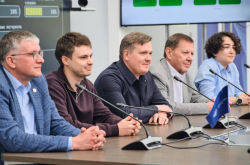This year, ITMO’s AES once again placed in the first group of the federal project. The council evaluates the results produced by each school in 2023 based on different criteria to then rank the schools and determine the amount of support they will receive. In 2023, ITMO’s AES launched three new Master’s programs: Software Developer and Industrial Biotechnology in collaboration with Almetyevsk State Oil Institute and Tatneft; and Optical Infocommunication Technologies with Mordovia State University.
Moreover, the school’s team continued collaborating with major industrial partners, including Tatneft, Russian Railways, Perspective Technologies Agency, Pharmasyntez, and others, having attracted over 286 million rubles in investments for infrastructure and research. Among the school’s research projects is the development of an automated test system for monitoring contamination with corrosive microorganisms in products of oil extraction, transportation, and storage. This project will help monitor the quality of oil, quickly and accurately predict its contamination, and conduct timely antibacterial treatment.

Head of ITMO's AES Alexander Vinogradov at the defence in Moscow. Photo by Sociocenter
Apart from that, researchers at AES are working on prototypes of a molecular microchip and the accompanying software-hardware system that can detect and interpret fluorescent signals. The project makes it possible to efficiently solve a wide array of personalized healthcare tasks, including the diagnostics of cancer, diabetes, and heart disease. The researchers are also planning to adapt the microchips for health monitoring and efficient breeding of cattle.
According to Alexander Vinogradov, the head of ITMO’s AES, in 2024 the school’s team is to keep developing collaborations with industrial partners and educational organizations in various Russian regions. For instance, another Master’s program, Artificial Intelligence in Oil Chemistry, is set to be launched at Almetyevsk State Oil Institute. The school will also be organizing the second international conference in biotechnologies – BIOCON. Moreover, a new building will be opened to host AES’ project office and classrooms. It will house modern genetic engineering laboratories, a pilot laboratory for oligonucleotide synthesis, a bioinformatics laboratory for developing digital interfaces for genomics and genetic engineering, highly sterile labs for microchip production, as well as a large coworking space where student teams will be able to work on digital projects.





